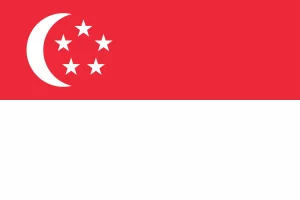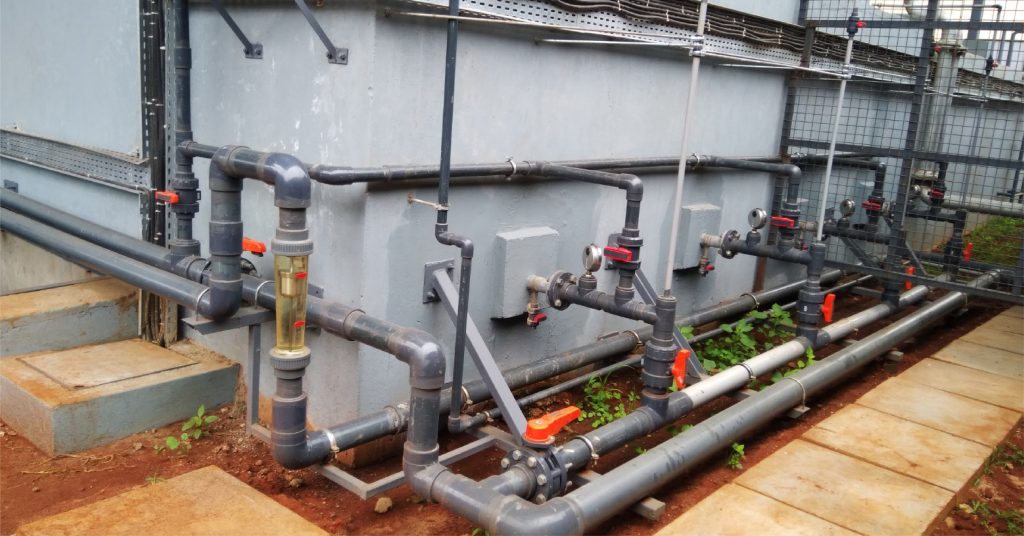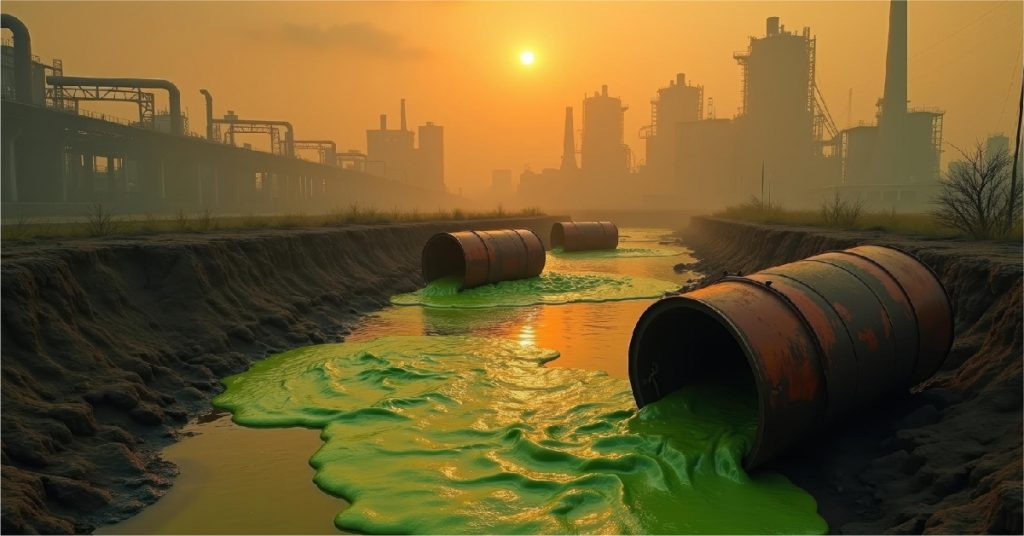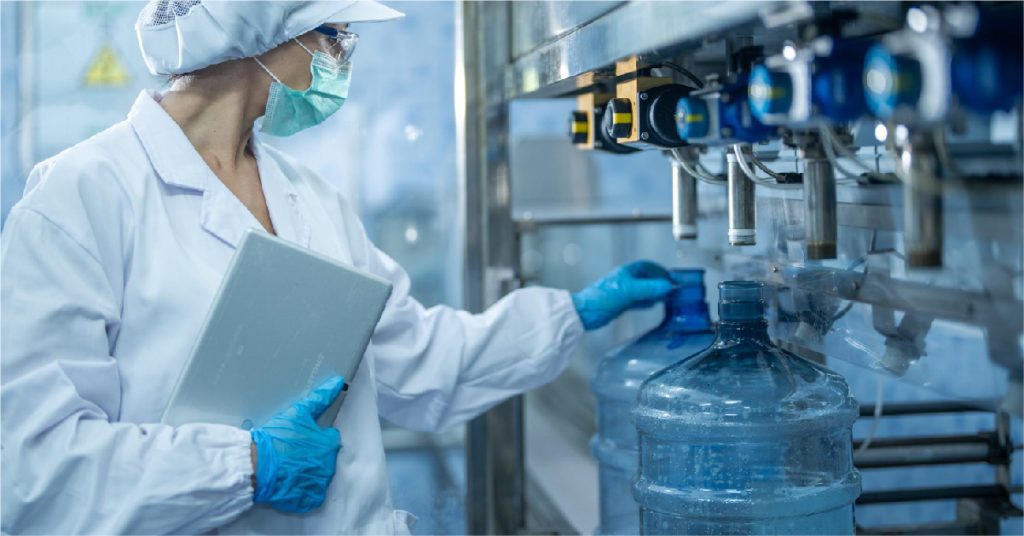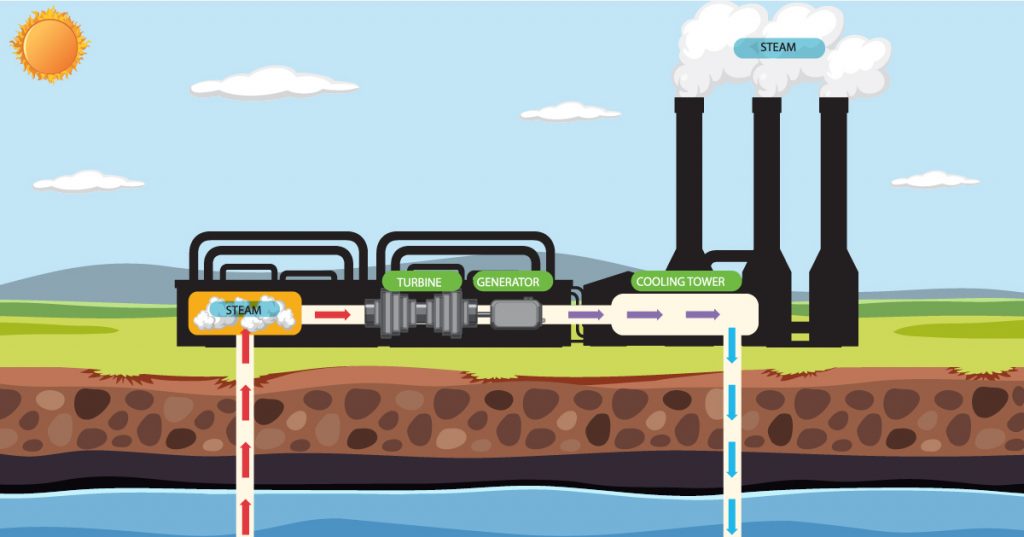Singapore, a small island nation, has long struggled with the challenge of water scarcity. As one of the most water-scarce countries in the world, Singapore has proactively prioritized the management of its water resources, recognizing the critical importance of wastewater treatment and water reuse.
In this search, the adoption of innovative technologies has become crucial, paving the way for a more sustainable water future. Among these approaches, Membrane Bioreactor (MBR) Technology for wastewater treatment in Singapore has emerged as a game-changer, offering efficient solutions to combat water scarcity and pollution.
Singapore’s Struggling Wastewater Landscape
Singapore, a densely populated urban hub, faces significant challenges in managing its wastewater. With limited resources, the country has implemented stringent measures to maximize water efficiency, like the highly successful NEWater program, which recycles used water into ultra-clean, high-grade reclaimed water.
The city-state relies heavily on imported water and recycled wastewater to meet its water needs. The Public Utilities Board (PUB) of Singapore oversees the country’s wastewater management strategies, emphasizing water reuse and sustainability by using recycled wastewater and water reuse to meet 40% of the city’s water needs.
Challenges Faced in Wastewater Treatment and Water Reuse
Singapore’s wastewater treatment and water reuse landscape face several key challenges:
- Industrial Pollution: Industrial activities contribute to water pollution, increasing the complexity of wastewater treatment processes.
- Increasing Water Demand: Singapore’s population is expected to reach 6.9 million by 2030, driving a surge in water consumption and wastewater generation.
- Stringent Water Quality Regulations: Singapore enforces some of the world’s most stringent water quality standards, requiring advanced treatment technologies to ensure compliance.
- Limited Land Availability: With a land area of just 721.5 square kilometers, Singapore faces constraints in expanding its wastewater treatment facilities.
- Energy-Intensive Treatment Processes: Traditional wastewater treatment methods can be energy-intensive, contributing to carbon emissions and environmental degradation.
- Sludge Management: The disposal and management of sludge generated during wastewater treatment pose environmental and logistical challenges.
- Aging Infrastructure: Singapore’s wastewater treatment infrastructure is aging, necessitating upgrades and replacements to maintain efficiency and reliability.
- Climate Change Impacts: Rising sea levels and more frequent extreme weather events can disrupt wastewater infrastructure and compromise water security.
Membrane Bioreactor (MBR) Technology for wastewater treatment in Singapore
Ion Exchange, a global leader in water and environment management solutions, offers cutting-edge MBR technology for wastewater treatment in Singapore. With a focus on sustainability and innovation, Ion Exchange’s MBR systems deliver high-quality treated water suitable for various applications, including industrial, municipal, and residential use.
Our wide applications and pioneering solutions achieve water management through wastewater recycling and source reduction, as well as waste management through product recovery and waste minimization. They are designed for the recovery and reuse of water and products from various industries, including power plants, fertilizers, electronics, electroplating, textiles, chemicals, food and beverages, pulp and paper, pharmaceuticals, and the automotive sector.
The objectives of Ion Exchange’s wastewater treatment systems are to produce an environmentally safe fluid waste stream (treated effluent) and solid waste (treated sludge) suitable for disposal or reuse (usually as farm fertilizer).
INDION Membrane Bio-Reactor (MBR)
Ion Exchange’s INDION Membrane Bio-Reactor (MBR) is a cutting-edge technology that produces high-quality treated water from wastewater without chemicals, providing the highest contaminant reduction. Its success lies in submerged membrane filtration integrated into the biological process, effectively removing suspended matter from activated sludge. The INDION MBR is compact, occupying just 25% of conventional systems’ space, with minimal land usage and low power and chemical requirements. It ensures high-quality treated water suitable for reuse, offering up to 6-log removal of total coliform and maintaining stable, reliable performance at low operating costs.
INDION IPC MBR
The INDION IPC MBR is an innovative wastewater treatment solution that combines the best features of flat sheet and hollow fiber membrane systems. Its unique fully backwashable flat sheet membrane made of durable PVDF material enables an extraordinarily high flux rate, resulting in more efficient treatment with less energy and space. With low backwash pressure requirements and improved fouling control, maintenance is minimized. The system’s chemical resistance and long membrane life ensure reliability and cost-effectiveness for treatment plants. In summary, the INDION IPC MBR offers high capacity, low energy demand, and reduced operational costs.
INDION Eco MBR
Ion Exchange’s INDION ECO MBR technology is tailored for household and smaller-scale wastewater treatment, offering high-quality treated water without chemicals. The INDION ECO MBR offers several advantages, including a compact footprint, ease of operation, extremely low operating costs, and a simple, self-maintained system. One of its key features is its space-saving design, which requires only 25% of the area needed for conventional systems. Additionally, it offers low energy consumption, with a maximum power requirement of just 3 kW/h for the filtration process. This makes the INDION ECO MBR an ideal solution for individual homes, transit camps, or any decentralized wastewater treatment facility where space and energy efficiency are priorities.
INDION Fluidised Media Reactor (FMR)
Ion Exchange offers a single-tank MBR system that is designed to be a compact and efficient wastewater treatment solution. INDION FMR incorporates several key features into a single tank design, including specially developed synthetic media to facilitate the growth of bacteria, diffused membrane aeration for oxygen transfer, a lamella settler, and a chlorine contact tank for disinfection. Requiring only a third of the area of conventional plants, it’s perfect for land-restricted locales. Additionally, this system can be used for modifying or extending the capacity of existing sewage treatment plants. With high-porosity moving media enabling effective bacterial growth, it’s adaptable for plant expansions. Benefits include minimal land usage, reduced power and chemical requirements, low operating costs, and a smaller footprint.
Future of Wastewater Management in Singapore
As Singapore strives for water sustainability, innovative technologies like MBR play a pivotal role in shaping the future of wastewater management. By harnessing the power of MBR technology, Singapore can enhance water reuse, minimize environmental impact, and mitigate water scarcity challenges. Ion Exchange’s MBR solutions stand at the forefront of this transformation, offering sustainable and reliable wastewater treatment solutions for a water-secure future.
Contact us today to explore Ion Exchange’s solutions for sustainable water management in Singapore.
